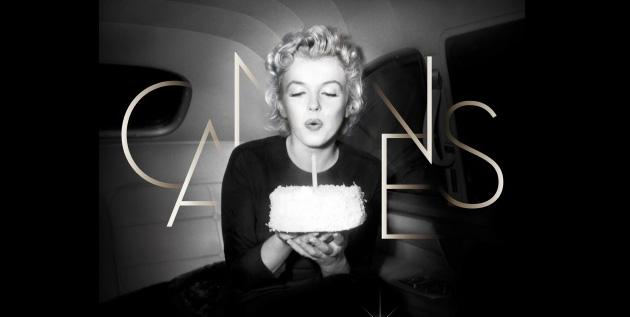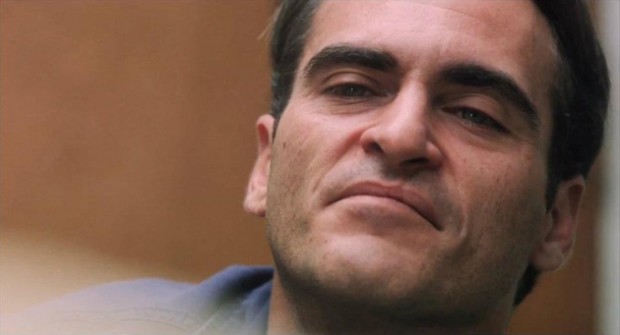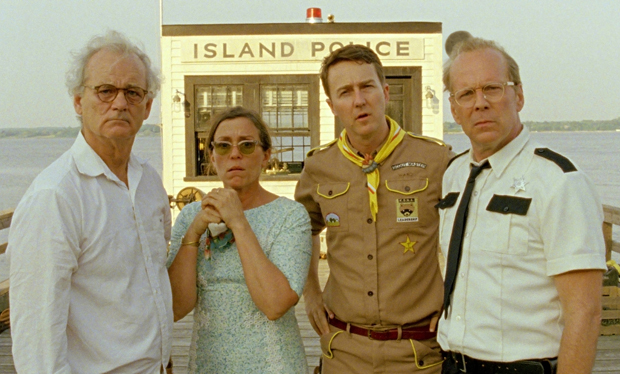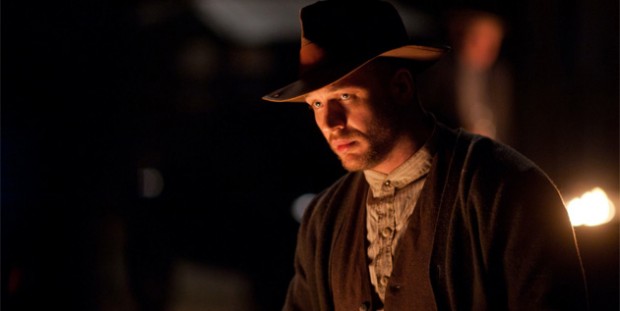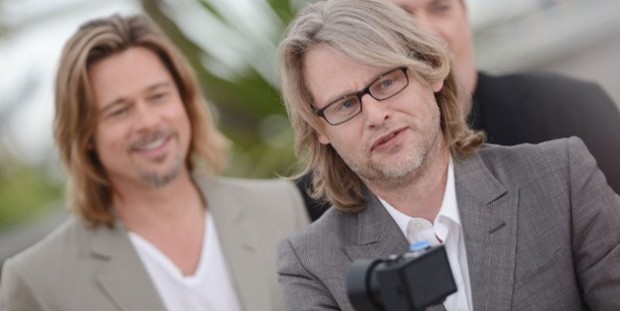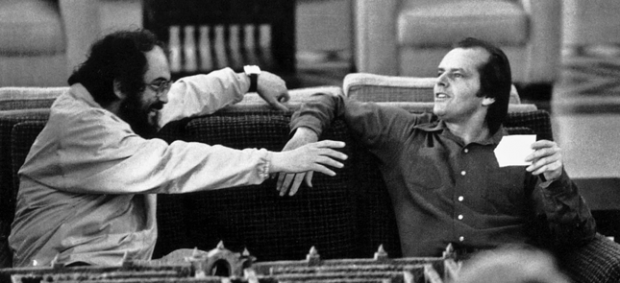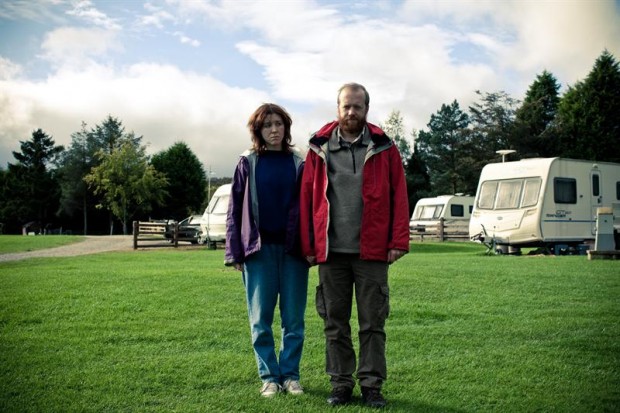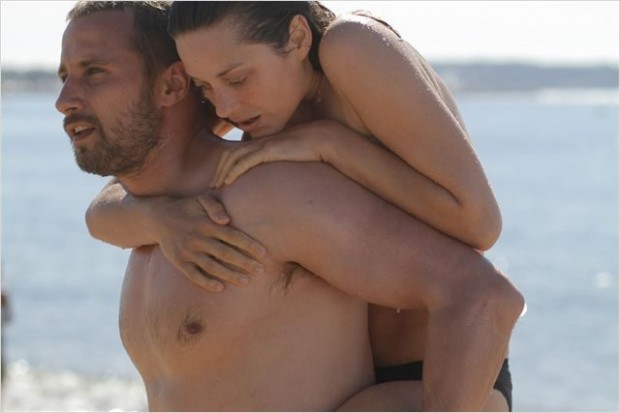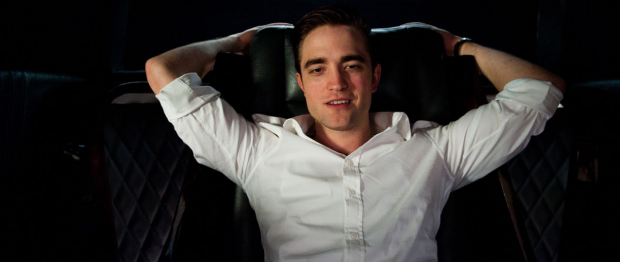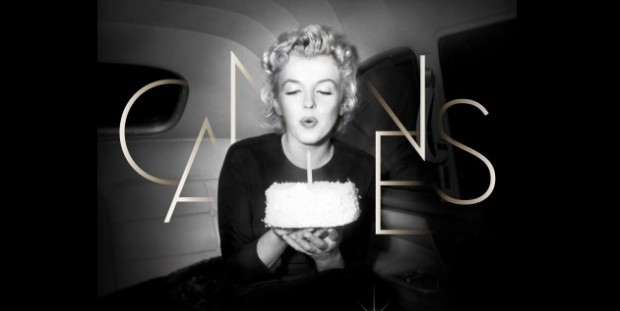
This year’s Cannes Film Festival was a flurry of cinematic diversity. From super serious art-house films to the lighter fare that Hollywood is more akin to, the mega-festival assembled a sundry roster of seasoned auteurs and newcomers alike. All in all, it was a stupendous year for the festival’s showcase of premiere talent working today, despite not having some of the bigger heavyweight names from last year’s fest.
In addition to the abundance of American films, both good and bad, there was an undeniable sense of mixed styles from shoot em-up gangster pics to heart-wrenching tales of suffering. There is a reason that Cannes remains the premiere film festival in the world today as exemplified by the mix of films that debuted there made splashes against the backdrop of the Mediterranean sea.
To wrap-up, Dan Mecca and I each have our top three picks, which can be seen directly below in alphabetical order. Following that we have our complete coverage and click any titles for reviews, feature and interviews. And if you missed the official award winners, one can see them at the link. Make sure to follow The Film Stage to get updates on the films below, especially when you’ll be able to check them out.
The Best
Amour (Michael Haneke)
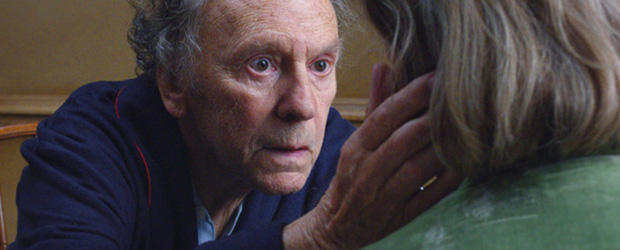
In Michael Haneke’s Amour, a heart-wrenching story about love and loss, the Austrian-German director takes a step back from his normally manipulative sense of direction and allows the humane performances of Jean-Louis Trintingant and Emmanuelle Riva to reverberate. Haneke takes a departure from his usually emotionally-detached narrative troupes, offering his most humane film to date. Unflinching, unnerving and unforgettable, Amour is an incredible testament to the power of love we have for those closest to our hearts while forcing us to question the very essence of our own morality when confronted with the clocks of fate. – Raffi A.
Holy Motors (Leos Carax)
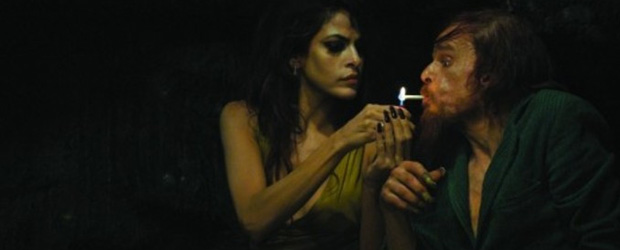
In Leos Carax‘s (Pola X) delightfully surreal Holy Motors, the filmmaker seems to be channeling the absurd sensibilities of Luis Buñuel in his prime. The film has so many “holy crap!” moments that it becomes a breathtaking spectacle to witness. Featuring a series of outlandish vignettes strung together by an enigmatic chameleon-like lead character, Holy Motors is not only the most eccentric film at this year’s Cannes Film Festival, it’s also one of the best. – Raffi A.
The Hunt (Thomas Vinterberg)

This beautifully-crafted drama concerning a mild-mannered teacher and the life-destroying accusation dealt upon him won Mads Mikkelsen the Best Actor jury prize. The film also marks the long-awaited return of Thomas Vinterberg, who introduced himself to the world with fervor 14 years ago with Festen (The Celebration). Perfectly paced and never striking a false note even despite its taboo subject matter, Vinterberg has built a world of observation that’s deceivingly simple and undeniably thought-provoking. – Dan M.
Killing Them Softly (Andrew Dominik)
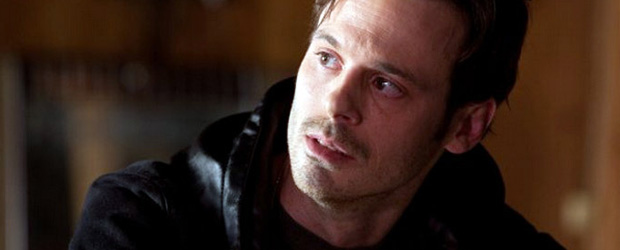
This is a crime saga dripping with style, thanks to filmmaker Andrew Dominik. And though it is structured as a standard gangster tale, the political message Dominik feeds throughout is eerily appropriate. Killing Them Softly is a long crescendo of American business ethnics, hitting its peak perfectly thanks to a spot-on speech from Brad Pitt. – Dan M.
Like Someone in Love (Abbas Kiarostami)
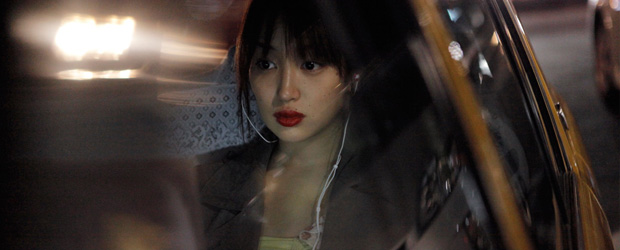
For Iranian filmmaker Abbas Kiarostami’s second feature film shot outside of his home country, the masterful director takes an interesting look at the formality of Japanese culture while continuing to develop his trademark signature of ambiguous reality. There is always something subtle to uncover from details in the mise-en-scene and further conveys the mysterious mannerisms that makes Kiarostami such an intrigue to watch. A understated work of genius that will challenge audiences not patient enough to carefully absorb all the details, Like Someone in Love becomes increasingly enthralling the more one thinks about it, which is clearly the filmmaker’s intention. – Raffi A.
Reality (Matteo Garrone)
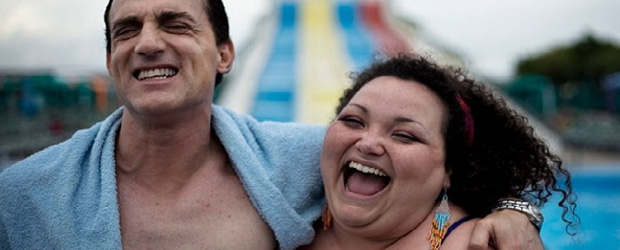
Operating within the all-too-real world of our obsession with the famous and achieving that fame for ourselves, Matteo Garrone’s film studies the tragic downfall of one such obsessive. Set in Naples, Garrone offers up the same raw visual style he gave us with Gomorrah, meshed with a Fellini-like narrative and more than a few moments as fantastical as the thoughts in our sad hero’s head. – Dan M.
The Rest
The Good: No, Sightseers, Laurence Anyways, Moonrise Kingdom, Lawless, The Angels’ Share, In the Fog
The So-So: Cosmopolis, Rust and Bone, For Love’s Sake, Mud, Madagascar 3: Europe’s Most Wanted
The Bad: After the Battle, Beyond the Hills, Antiviral, The Paperboy, On the Road, Post Tenebras Lux, Me and You, The We and the I, Dracula 3D, Mekong Hotel, Mystery, The Taste of Money, King of Pigs
Features/Interviews
The Film Stage Arrives at the 65th Cannes Film Festival

Weinsteins Unveil Promising Footage From ‘The Master,’ ‘Django Unchained’ and ‘Silver Linings’
Wes Anderson and Cast Discuss Crafting the Emotionally Vibrant World of ‘Moonrise Kingdom’
‘Lawless’ Stars Tom Hardy and Guy Pearce Talk Gangsters and Directors
‘Killing Them Softly’ Director Andrew Dominik Talks Politics, Simplicity and Improvisation
Rodney Ascher On Stanley Kubrick, ‘The Shining,’ and His Documentary ‘Room 237’
Ben Wheatley Talks His Dark Roadtrip Comedy ‘Sightseers’
The Film Stage Show Ep. 6 – 2012 Cannes Film Festival Pt. 1

